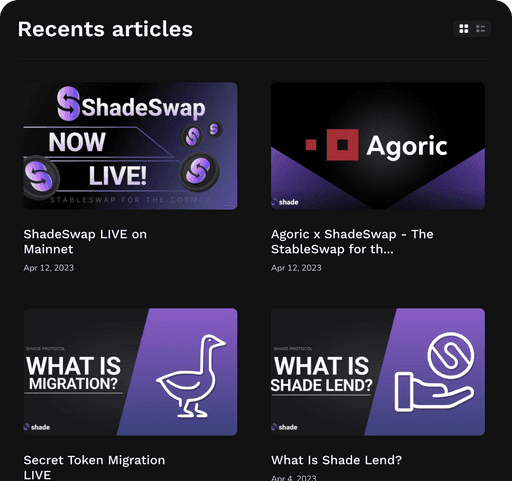Blockchain and smart contracts exist to solve the problems & risks introduced by the forces of centralization in finance. Modern finance is full of red tape for normal people, while unfairly advantaging permissioned and centralized actors at the cost of normal users.
What are the risks of centralized exchanges (CEXs) and centralized financial applications?
Custodian risk
Trust Dependency: Users must trust the exchange to safeguard their assets. If the exchange becomes insolvent or engages in fraudulent activities, users may lose their funds.
Exit Scams: Some exchanges have disappeared suddenly, with their operators absconding with user deposits.
Censorship risk
Exchanges can freeze funds on an account for a myriad of reasons, causing you to lose access to your property
Insolvency risk
Exchanges have been known to use customer funds without their permission or awareness, resulting in funds going missing causing both the exchange and user to lose their funds.
Market manipulation
In some cases, centralized exchanges have been accused of facilitating market manipulation by trading against their own users or providing preferential treatment to certain traders.
KYC/AML data leakage
Personal ID & information is at risk for getting either sold, leaked, or hacked
Regulatory risk
Compliance Issues: CEXs must comply with various financial regulations, and changes in regulations can impact their operations or lead to user data being shared with authorities.
Legal Actions: Legal actions against the exchange can result in freezing of assets, user funds being seized, or the exchange being shut down.
Security risk
Hacking: Centralized exchanges are attractive targets for hackers due to the large volumes of cryptocurrencies they hold. If a CEX is compromised, users' funds can be stolen.
Inside Jobs: Insider threats from employees or contractors of the exchange can lead to unauthorized access and theft of user funds
Now that we have outlined some of the key issues with CEXs, it stands to reason that we can do better. A decentralized exchange (DEX) is a set of immutable open source smart contracts (programs) that are permissionless for anyone to interact with. These smart contracts have the following properties / protections:
Neutral custodianship - an open source smart contract hosted on a distributed and immutable blockchain is interacting your funds instead of a human
Censorship resistant - no one can stop you from interacting with the smart contract (permissionless)
Open source code empowers fair and transparent market mechanisms
Transparent reserves
No personal ID required to interact
Security protections w/high degree of open source stress testing
With these properties, users are empowered to interact with a more fair, neutral, and powerful version of finance known as “decentralized finance”. Shade Protocol takes this vision to the next level by adding in privacy & data protections for individual users - protecting token balances, trades, and smart contract metadata from prying eyes & extractive actors.
That is to say, just because blockchains are transparent doesn’t mean everything should be transparent. Privacy for individuals, transparency for public goods. That is what ShadeSwap & Shade Protocol DeFi empower.
Your Money.
Your Data.
Your Decisions.
——————————————————————————————————————————
Information provided in this post is for general informational purposes only and does not constitute formal investment advice. Please read the full disclaimer at shadeprotocol.io/disclaimer before relying on any information herein.







